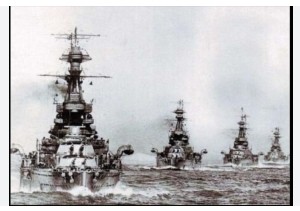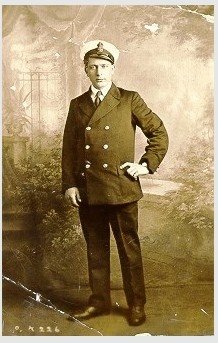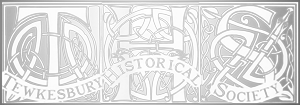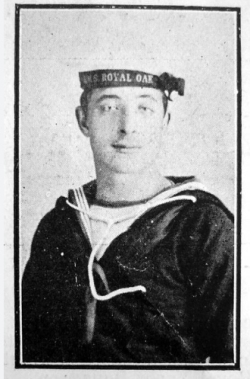Battle of Jutland 1916
The Centenary of the Battle of Jutland, 31 May to 1 June 1916

to Expand
At last, in 1916 the Germans attained the naval conflict that it had desired since August 1914 when the two fleets met at the Battle of Jutland, just to the west of Denmark

History records, however, that the German navy inflicted more damage and one of the crucial weaknesses of our ships was exemplified by the death of Able Seaman S.H. Price of Cheltenham. He was killed when his ship was “sunk by a salvo which penetrated magazines; only 2 of 1012 were rescued”. On a happier note, one of Tewkesbury’s few naval volunteers, A.E. Gregson, won the DSM. (His older brother was later Mayor of Gosport and was awarded the OBE.)
The paradox lay in the fact that, although it was technically a victory for the Germans because they destroyed more ships, the enemy had been “driven home” and never ventured out of port again.



Comments